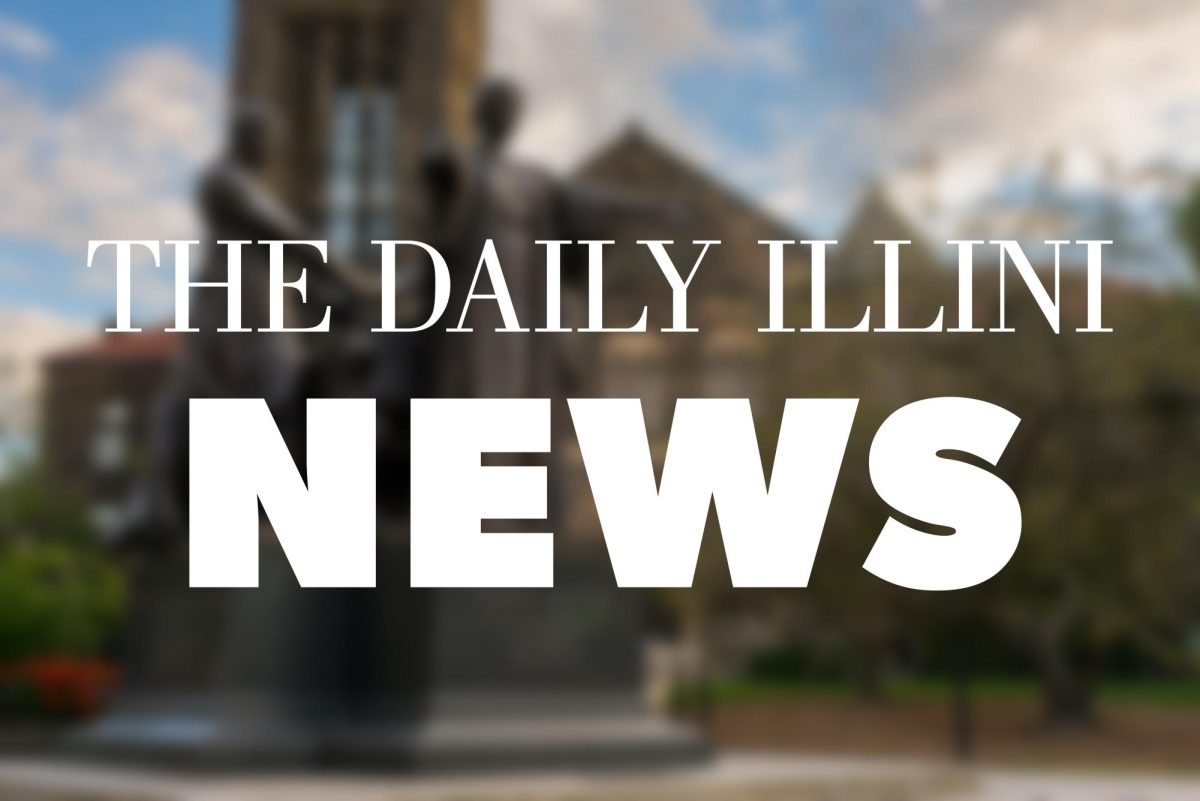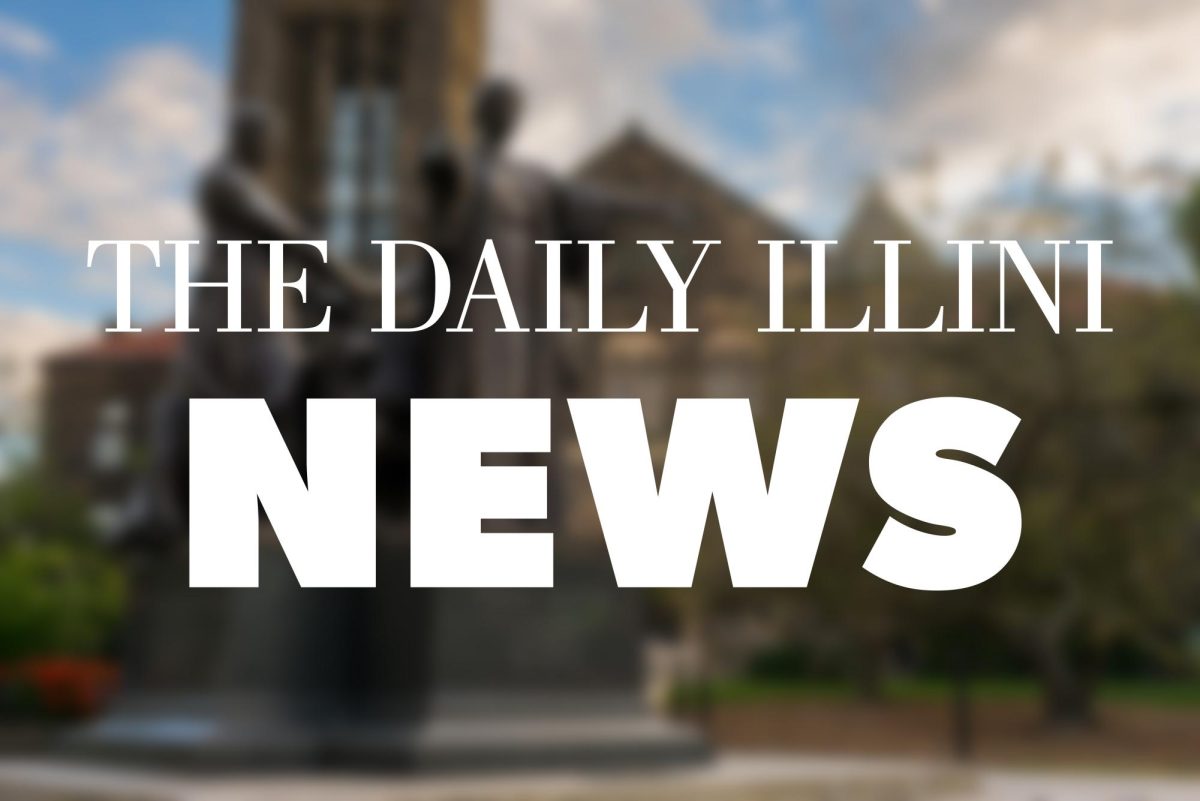On Tuesday, University professor Emily Knox testified against book bans in a hearing before the Senate Committee on the Judiciary. The committee meeting commenced at 10 a.m., with Sen. Dick Durbin presiding over the hearing.
The hearing was livestreamed, and the recording can be found on the committee’s website.
Knox is a professor in Information Sciences at the University. Her research concerns intellectual access, freedom and censorship. She is the author of “Book Banning in 21st-Century America” and “Foundations of Intellectual Freedom.”
Knox’s testimony was joined by four other witnesses present at the hearing, including Illinois Secretary of State Alexi Giannoulias. Max Eden, Nicole Neily and Cameron Samuels joined them.
Knox discussed book bans as a means of limiting intellectual freedom. She said book bans should more appropriately be called book challenges, due to the various legal responses throughout the country.
Get The Daily Illini in your inbox!
According to Knox, book banning as a form of censorship limits the protected First Amendment rights of both authors and readers. In her testimony, Knox said that “this right is not based on whether or not people in government agree with the ideas being expressed.”
Knox advocated that because the First Amendment protects the intellectual freedom of authors’ ideas and the readers’ right to consume the media, the government should not interfere with that right.
The choice of whether to read a book is “really an individualized decision,” Knox said. In her testimony, she said “everyone has the right to autonomy and to the vocabulary to describe their own beliefs and values.”
Books, according to Knox, are a great way to expose readers to a variety of values. In turn, the reader discovers their own values.
This becomes an issue when the majority of the books that are targeted by book bans are diverse children’s books, she said.
Knox said, “Kids are growing up in this atmosphere of, ‘Will I get into trouble if I read this book?’”
She added that reading with this mindset “makes (the reader) a bit unsure of where (their) place is in the world.”
A new law, signed by Governor J.B. Pritzker in June of this year, states that in order to receive funding, institutions must have best practice policies written. Knox noted that this law against book banning is “a good template” for other states to follow.
Knox ended her testimony by advocating for increased funding of public libraries. She stated that this was important because “more funding … provides resources that cover a variety of ideas and beliefs — more books and more freedom because free people read freely.”













